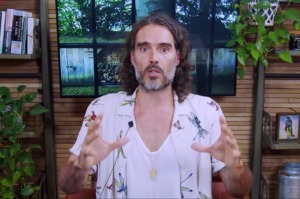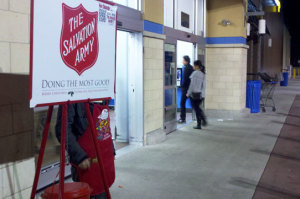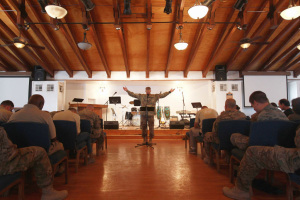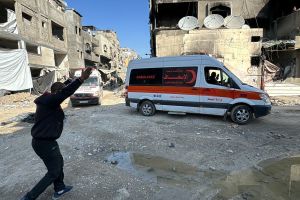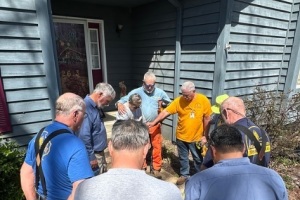Dissidents Occupy Cuban Church Ahead of Pope Meeting With Castro
Protesters hope to highlight human rights issues ahead of the papal's visit
More than a dozen dissidents in Cuba have occupied a church in Havana in an effort to attract Pope Benedict XVI's attention when he visits later this month, in the hope of exposing human rights crimes allegedly taking place in the communist country.
Pope Benedict will visit the country on March 27, where he will celebrate the 400th anniversary of the discovery of a statue of the Virgin of Charity, and will be welcomed by Cuba's leader, Raul Castro. It has been rumored that he might also have a meeting with Castro's older and more famous brother, Fidel, but that may depend on whether the former leader's health is good enough.
Protesters, however, are pleading with the pope to put a spotlight on alleged human rights violations committed by the Cuban government, and are occupying the Church of Charity of Cobre in hopes of drawing attention to the cause.
"We would like to talk with the pope and tell him that the government of Fidel and Raul (Castro) has released only some prisoners, but other political prisoners remain," explained William Capera, one of the protesters, referring to the many people still kept in prison for speaking out against the Castros.
"We hope for a humane outcome. The occupation was peaceful," revealed Elizardo Sanchez, a spokesman for the Cuban dissidents and head of the Havana-based Cuban Commission on Human Rights and National Reconciliation, confirming there were 13 people inside the church.
Some members of the Catholic Church in Cuba, however, such as Orlando Marquez, a spokesman for the Church of Charity of Cobre, shared little sympathy with the occupiers and accused them of being disrespectful towards the pope and toward regular churchgoers who wanted to come to the church to worship and pray.
"Nobody has the right to turn temples into political trenches," Marque declared in a written statement. "Nobody has the right to disturb the celebratory spirit of faithful Cubans and many other citizens who look with jubilation and hope toward the visit of the Holy Father, Benedict XVI, to Cuba."
He also explained that while the church would listen and help anyone who sought their assistance, it could not "accept attempts to devalue the nature of its mission or put in danger the religious freedom of those who visit our churches."
It has been reported that Cuba government officials believe that the dissidents are being paid by the United States to undermine the nation's government by making accusations of human rights violations.
There has not been an official comment made by the Vatican on the issue, but currently the pope's plans are to focus on religious activities including masses in the eastern city of Santiago de Cuba and in Havana.
Several U.S. politicians have urged the pope to consider meeting with both dissidents as well as Cuban government officials.
Oscar Elias Biscet, one of 125 political prisoners released by Raul Castro in January, who was awarded the Medal of Freedom in 2007 by President George W. Bush, and who has been nominated for a Nobel Peace Prize, previously said:
"I would love for him [the Pope] to lobby for our freedom of speech and for a multi-party system, so that everyone can participate and be represented. We hope that his coming will bring great change to our country."
















